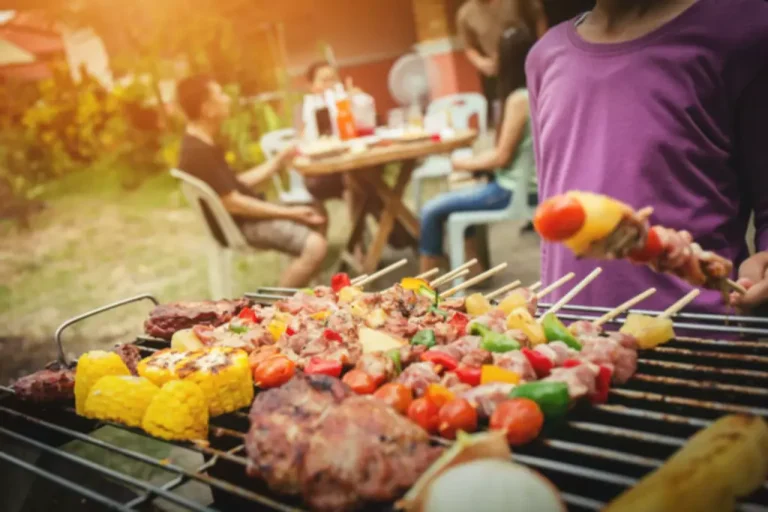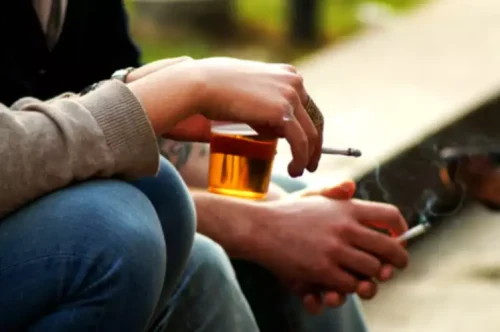
While low thyroid levels can cause various signs and symptoms, those with low thyroid levels often complain of increased cold sensitivity (13). Interestingly, eating or drinking cold foods may cause a slight decrease in your body temperature (10). This article explores the main reasons why you may feel cold after eating and when to seek medical advice. It is important to know that alcohol intolerance can lead to a drop in blood pressure, which can bring on a feeling of faintness or dizziness. Dr. Joseph Volpicelli M.D., head of Volpicelli Addiction Center, tells Bustle that this is normally a pretty severe reaction, and shouldn’t happen if you just have a mild intolerance.
Can certain medications interact with alcohol to exacerbate feeling cold?
Once in the bloodstream, it stimulates the central nervous system, making you feel more awake and alert. This alertness can be felt as soon as 15 minutes after you consume a cup of coffee. If it turns out you are caffeine sensitive, they may have you cut back on your coffee intake, or suggest you switch to decaf. Caffeine can also affect sensitive people’s GI tract, causing some Oxford House rather unpleasant side effects.

Why does my body shake after drinking coffee?

However unpleasant, most hangovers go away on their own, though they can last up to 24 hours. If you choose to drink alcohol, doing so responsibly can help you stay away from hangovers. Generally, the more alcohol you drink, the more likely you are to have a hangover the next day. But there’s no easy way to know how much you can safely drink and still avoid a hangover. This way, you can accommodate your body to changing temperatures and prevent sudden temperature drops due to drinking.

The Science Behind Chills After Drinking
A person can reduce their chance of hangover shakes by drinking less alcohol. It may also help to maintain hydration shivers after drinking and stable blood sugar by consuming nonalcoholic drinks and food containing carbohydrates. Please remember that the information provided in this article should not replace professional medical advice. If you’re concerned about your shaking after drinking or believe it could be a symptom of a more severe issue, consult a healthcare professional. Maintaining awareness of the quantity of alcoholic beverages you consume within a specific period can greatly impact how your body processes the alcohol.
Leave a Reply